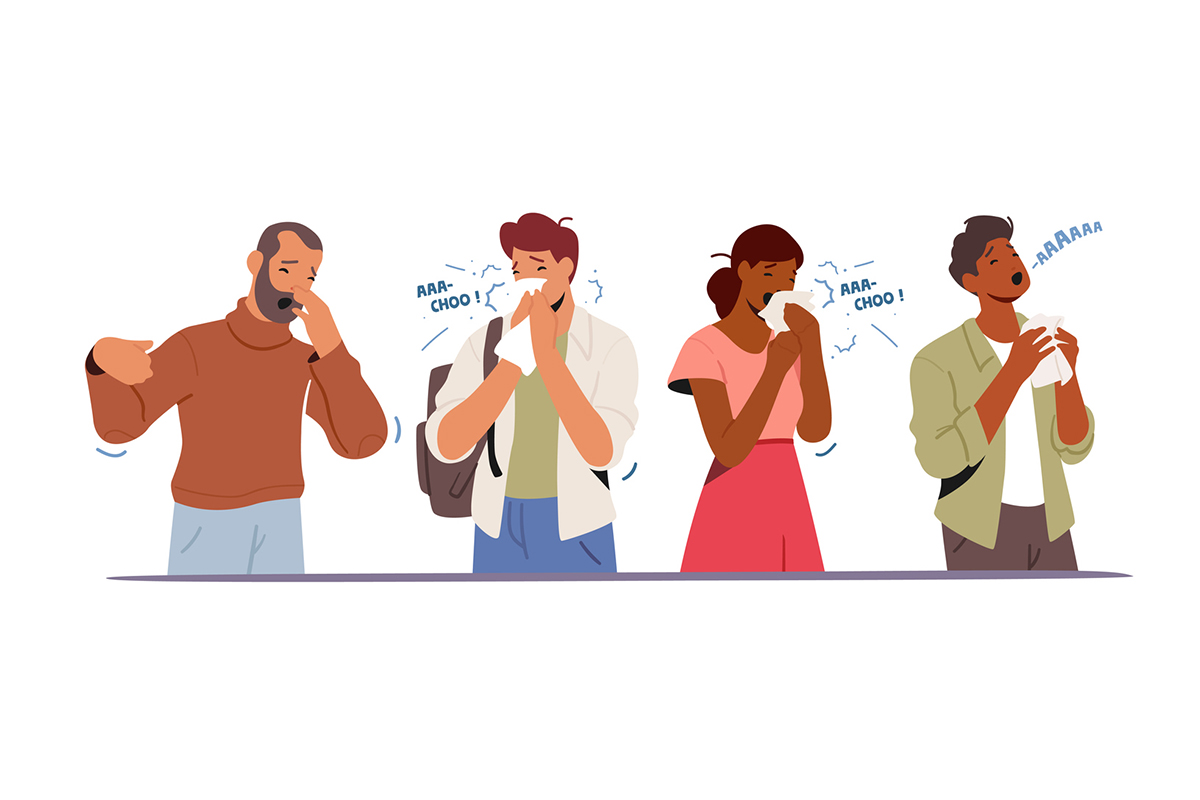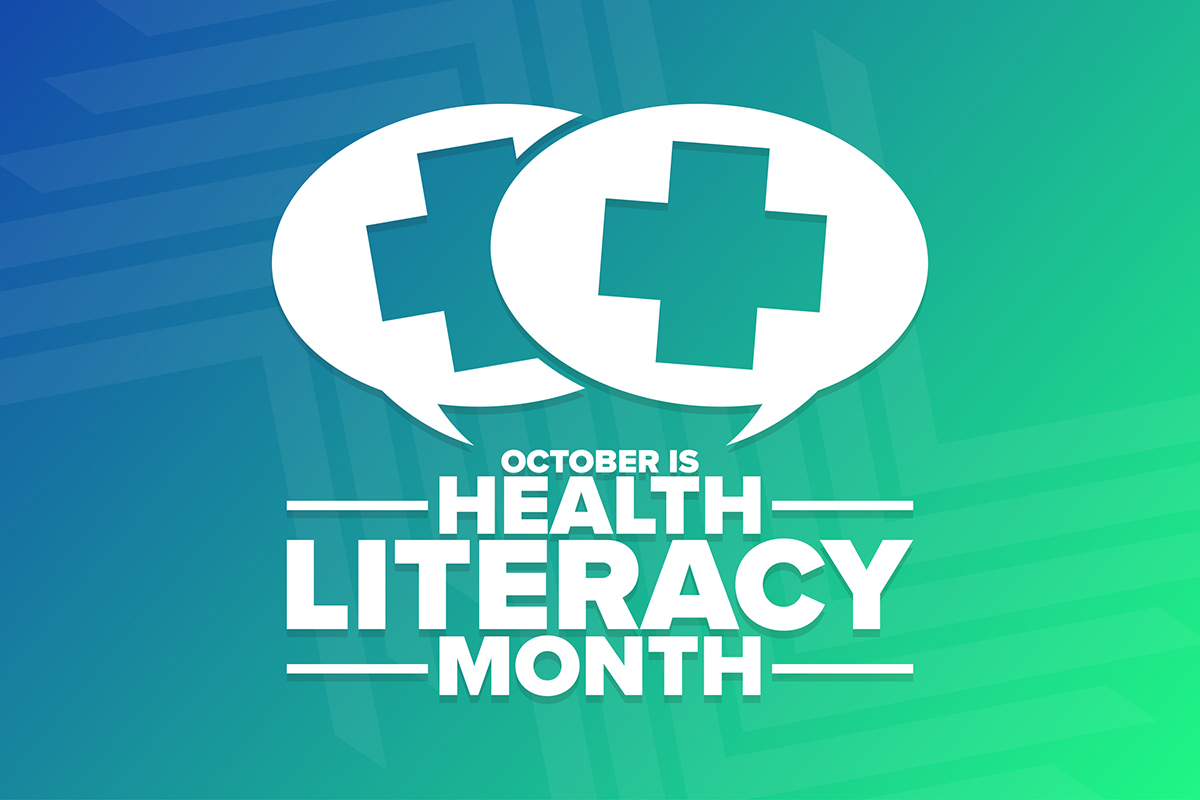As the holiday season approaches and colder temperatures drive people indoors, concerns are arising over a potential COVID “5th wave” (I’m losing count already!). The news from Europe is not good, where numbers are surging in countries with vaccine coverage comparable to the U.S. Even Germany is enacting emergency measures. Austria is mandating the vaccine for everyone! Mass demonstrations have ensued.
The surge is partially attributable to vaccine resistance, which has hardened at significant double digit percentages of the population. Even efforts to pay people to get the jab have underperformed, according to the latest study. The failure of government officials to take a nuanced approach to vaccination has undermined public trust; unlike the U.S., many other advanced countries issue vaccine passports to previously infected individuals with natural immunity who can show proof of infection.
The vaccine mandate here has stalled due to concerns over its legality; using the Occupational Health and Safety Administration (OSHA) to enforce immunization compliance has proven too much of a reach for courts. Where mandates have taken effect, too many people have quit their jobs, creating supply chain problems. Many companies are rethinking their policies to maintain staffing during the holiday crush.
We’re finally fully acknowledging that vaccine efficacy wanes—badly. While a majority of very sick COVID patients are unvaccinated, the number of breakthrough infections is increasing—some serious. I’ve even seen breakthrough infections in my practice in patients who have received boosters. We don’t even know the extent of the breakthrough infections—because the CDC hasn’t updated its database since September 4! Maybe they don’t want to highlight those statistics?
There’s still no question that, in the absence of natural infections, vaccines protect people from severe disease and death, but only to a certain degree, and with an expiration date. Nor do natural infections confer perfect immunity—people can catch COVID twice, although it’s unusual, and immunity seems more robust than that achieved with the vax alone.
The new messaging about boosters has people thinking that the powers-that-be are moving the goalposts; early adopters who were conscientiously first in line to get the new vaccines this spring are now being told they need another. This has the unintended consequence of undermining faith in overall vaccine efficacy.
When will it end? Breakthrough infections have robbed people of the sense of security that their vaccines temporarily conferred. This will put the brakes on the promising reopening that was optimistically envisioned for 2022.
And now, is a booster mandate contemplated? One governor said as much: New Mexico Gov. Michelle Lujan Grisham (D) said last Wednesday she believes being fully vaccinated against COVID-19 means people must have a booster shot. In New York, vaccinated people are being notified via their Excelsior apps that it may be time for a booster.
So much for the adage: “The definition of insanity is to repeat the same action again and again and hope for a different result.”
That’s why vaccine developers are working feverishly to develop new vaccines that more precisely target the Delta variant, or whatever comes down the pike next year. Expect these to receive accelerated approval by late winter or early spring. Meanwhile, for those seeking boosters now, last year’s models are the only ones on the lot. Maybe better than nothing, but their long-term efficacy remains to be demonstrated.
Additionally, there will be the new Pfizer and Merck pills, which, if taken early, can dramatically curtail disease severity and virtually eliminate the risk of dying. The government is committing to purchasing huge lots, which should be deployed to every household in the U.S.; waiting to get a doctor’s appointment, obtaining a prescription and then picking the medicine up at the pharmacy will waste crucial time and allow the virus to escape the drugs’ narrow window of efficacy.
But what good are these drugs without easily available testing? We need more accessible pop-up sites in every community that offer rapid results; early in the pandemic, the couple of times I had to get tested after contacts informed me they were infected it took two or three days to notify me I was negative.
The answer is to take some of those billions Congress is appropriating and put accurate, rapid test kits in the hands of every household in the U.S. That way, if a person tests positive, they and all their contacts can pop the pills already in their medicine cabinets—regardless of vaccination status—and head off a serious infection.
These measures, along with promising monoclonal antibodies that require a referral to an infusion site, should help control COVID next year.
But relying entirely on a high-tech rescue from BigPharma narrows our portfolio for comprehensive immune resilience. I’ve long argued that overall fitness is a key bulwark against COVID.
Just this month, a couple of key strategies have been validated (but mostly, you get accused of spreading “misinformation” if you talk about them):
High-dose fish oil: In a recent small study, high-dose fish oil reduced death from COVID by 15%, which was an encouraging trend, but the study was underpowered to yield statistical significance. Larger studies are being called for.
Health-Related Behaviors and Odds of COVID-19 Hospitalization in a Military Population: In a large study of active-duty U.S. Air Force service members hospitalized for COVID-19, sleeping less than 7 hours per day, and consumption of three or more sugar-sweetened beverages per week were shown to be risk factors for hospitalization for COVID. Exercise levels were not found to impact risk for severe COVID, but the researchers concede that most young military personnel probably have relatively high activity. So it’s not possible to draw a comparison with sedentary individuals, who most studies agree, are more susceptible to COVID morbidity.
Chinese Herbs and Medicinal Mushrooms: The Journal of the American Medical Association (JAMA) reports that early trials are underway to test medicinal mushrooms and Chinese herbs to treat COVID-19 patients with mild to moderate symptoms. The MACH-19 study (the acronym for Mushrooms and Chinese Herbs for COVID-19) will investigate whether early administration of Coriolus versicolor (turkey tail mushrooms) or agarikon mushrooms to patients with COVID will impact outcomes. The Chinese herbal formula in question is a combination of 21 ingredients previously used in Wuhan hospitals with promising results for COVID patients.
Zinc: A new study published in BMJ Open adds to the evidence that zinc is effective against viral respiratory infections, such as colds. While the 28 studies in this meta-analysis did not specifically address COVID, there was a 32% lower relative risk of developing mild to moderate symptoms of a viral respiratory tract infection. There was an 87% lower risk of developing moderately severe symptoms; the most dramatic results were seen in curtailing flu-like symptoms. Overall, there was an approximately two day reduction in the duration of illness. Recently, Dr. Anand Prasad, a pioneering researcher on the role of zinc in supporting immunity, chronicled his experience in fending off severe COVID with zinc and hydroxychloroquine—at the age of 92.
So as we celebrate Thanksgiving, will it turn out to be a super-spreader event? We can hope for the best but we should prepare for the worst. We desperately need an all-of-the-above approach.








